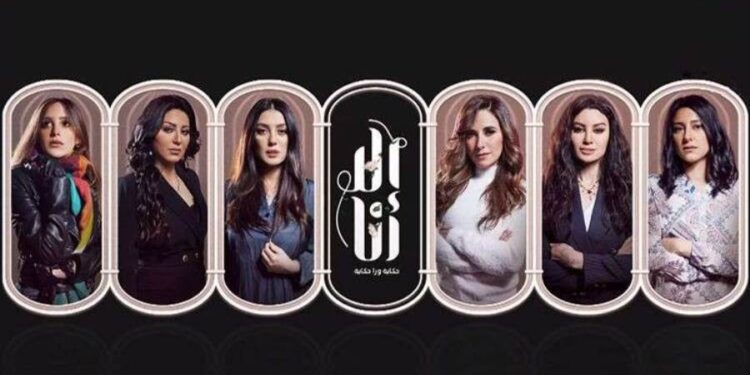After a few months of marriage, the spouses very often start to think of having children. Besides, in the vast majority of cases, if they have not chosen to use contraceptives, a baby will announce himself, of course, and will delight his future parents.
But it sometimes happens that after a few months, even a few years, this baby hangs out to manifest.
In our countries, when this baby is slow to come, in addition to the concern of the spouses concerned, there are the whole family and “friends” who get involved. They ask questions, put pressure …
The couple are already starting to feel the glances, whispers, derogatory remarks, indiscreet questions … Why don’t you have children yet? What are you waiting for to get it? Would you be sterile?
Sterility, even temporary, is a defect in our Arab-Muslim societies. If it is a man, we will think so “helpless”, if it is a woman, it is even worse. So imagine: what is a woman for if she cannot fulfill her primary function which is to give life and reproduce the species?
After reflection and hesitations, this young couple will have to make important decisions: either use medicine and possibly assisted reproduction, or adopt or live without children.
It’s really very difficult. Some couples do not resist this pressure and end up divorcing, especially if one of them feels “guilty” or that some family members put oil on the fire. Without forgetting that it also happens that one of the spouses makes the other responsible and divorces for this remarry with a “healthy” person.
For medically assisted reproduction, you must have financial means and above all above all a lot of patience. Each month, they are exams, analyzes, ultrasounds…. The route is very long. Some will be able to design a child after just drug treatment, others will have to use artificial inseminations or in vitro fertilizations. And for others, you will have to resolve obviously: no baby.
For adoption also the path is hard. Above all, we must overcome prejudices. Try not to listen to those who say that the adoption is “hram” and therefore prohibited by Islam, and those who blame children to adopt being “Wled Hram” bastards, as if they were carrying an indelible tare in them.
Really very difficult.
This delicate subject of sterility is the theme of 5th History of the Egyptian soap opera Ella Ana – except me which is currently going on the TV channel DMC TV,, From Saturday to Wednesday at 7 p.m. (Tunisian time), with several reruns on DMC TV And DMC Drama.
This soap opera tells six stories of women, each of whom consists of about ten episodes. All these stories are based on real events, and deal with different problems concerning women in their relationship with society. In particular, subjects are addressed to the inheritance, with this blatant inequality between men and women and what could result from it as injustices, the work of women, its advantages and its disadvantages, women who raise their children alone because of the absence of the husband, the sterility or the delay in design, the infidelity of the spouse….
These stories are written, produced and played by different teams. In fact, each story is in itself a distinct mini-fire. The common point of all these stories is that these are problems with women.
The main roles are played by Wafaa Amer actresses (History 1: Moussa’s girls), Arwa Gouda (History 2: Years go by ..), Hanan Motawi (History 3: The hope of my life), Shery Adel (History 4: A personal affair), Kinda Allouch (History 5: The brilliance of the moon) and Jamila Awad (History 6: I have to live).
It is obvious that in Tunisia, the condition of women is legally better than that of other Arab-Muslim women, since at least in our house, women still inherit a little and are no longer at the mercy of the paternal family in the event of the father’s death or that polygamy has been abolished and that women no longer fear to end up with a co-wife….
Despite this, this soap opera also concerns us, especially in this period of rise in conservatism and machismo. It is important that it is disseminated, because it has an important educational role.
Ella Ana – except me is well written and well done. It is subtle and, without falling into excess and exaggeration, shows in a natural way, the problems of women. The truth as it is. In fact, he plays a role of education and awareness -raising without making any judgment. In this way, he will surely be able to make people think and perhaps even to change mentalities.
Putting messages and educating while entertaining is also an important role in TV, which do not forget, enters all homes and affects all families. These kinds of soap operas pushes to think by showing the concrete problems encountered by ordinary people, with whom viewers will easily identify themselves. It is much more effective than thousands of direct speeches, which often do not reach their targets and which sometimes seem to address only a certain elite, yet already convinced.
I highly recommend this soap opera. I would even like one of our Tunisian TV channels to broadcast it so that it is even more seen. But what would be even better is that Tunisian professionals think of making such, far from the violence of a AWLED MOUFIDAor the bad example of a Ali Chouarab who could influence young people and give them bad examples to follow. Why not elsewhere? Why do our Tunisian soap operas and even generally our TV programs no longer fulfill this educational role and on the contrary only get down a society that is losing its bearings?
Trailer for Ella Ana:
Neila Driss








